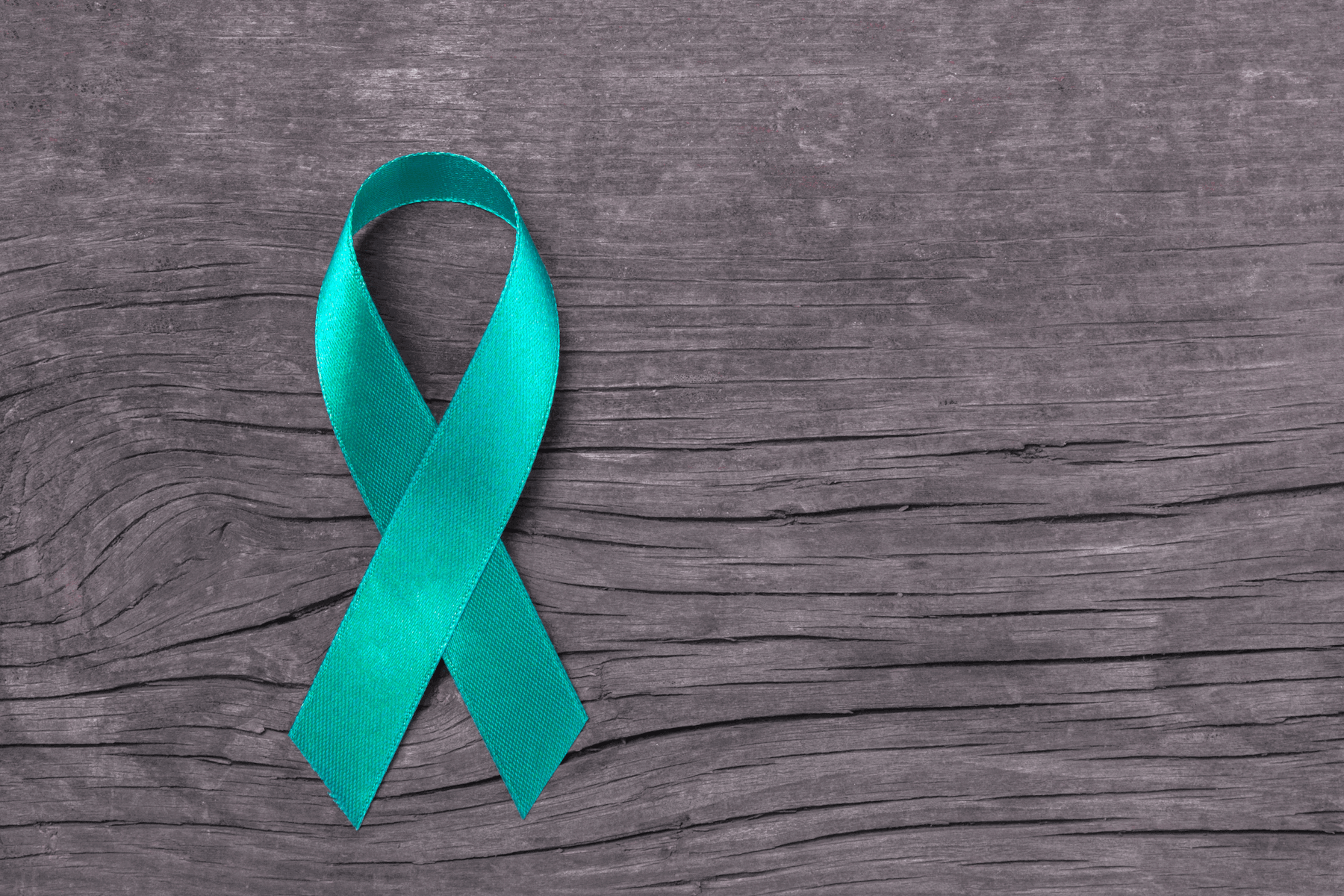September: PCOS Awareness Month
September is PCOS Awareness Month. So I wanted to spend a bit of time talking about this disease, its health impacts and what I can do from a Naturopathic perspective.
What is PCOS?
This is a complex disease that is a reproductive, hormonal and metabolic disorder. It often causes irregular menstrual cycles, infertility, excessive hair growth, and other health problems such as increased risk for type 2 diabetes, high blood pressure and high cholesterol levels.
Who’s Affected by PCOS?
PCOS affects approximately 5-10% of women.
What are the Symptoms of PCOS?
The most common symptoms of PCOS are:
- irregular/infrequent periods or no periods at all
- difficulty getting pregnant
- thinning hair, excess hair growth all over the body
- weight gain
- anxiety/depression
- increased blood sugar levels
- acne
- skin tags
- darkening & thickening of skin on neck, groin, underarms or skin folds
- cysts on ovaries
What causes PCOS?
The exact cause behind PCOS isn’t clear, but the following factors definitely play a role:
- genetics
- low grade inflammation
- excess insulin
- excess androgens
What are the consequences of PCOS?
Having PCOS can increase your risk for:
- Infertility
- Gestational diabetes
- Miscarriage or premature birth
- Metabolic syndrome
- Prediabetes or type 2 diabetes
- Non-alcoholic fatty liver
- Abnormal uterine bleeding
- Endometrial cancer
- Sleep apnea
- Anxiety/depression
How is PCOS diagnosed?
- Thorough medical history
- Blood work to measure your insulin, glucose and other hormone levels
- Vaginal ultrasound to look for the presence of ovarian cysts and abnormal uterine wall
How do I treat PCOS?
The key to treating PCOS from a Naturopathic perspective is to balance your hormones AND prevent/minimize your risk for future complications (ie. diabetes, cardiovascular disease, etc).
Adjusting your daily diet to incorporate healthy foods geared towards hormone balance and preventing diabetes and heart disease should be the baseline.
Lifestyle factors such as assessing your daily routines and environments for endocrine disrupting chemicals and eliminating/minimizing your exposure to these is important. Exercise is the other piece of the treatment picture that is helpful to manage your symptoms but also help you minimize some of the risks.
As I always say, seeing an ND in order to have a customized treatment plan created for YOU is important. This often involves dietary and lifestyle modifications, but it can also incorporate supplements, botanicals, acupuncture and even IV therapy — depending on the case!
The Take-Home Message
If you suspect that you have PCOS and want to look deeper into treatment beyond taking birth control pills until you’re ready to have a baby, I’d be happy to sit down with you to plot out a game plan for you to:
- balance your hormones to regulate your period
- set the stage for your future fertility; and
- put into place systems to prevent further complications such as insulin resistance/diabetes and cardiovascular disease
If you’d like to schedule a free 15 min meet & greet appointment to ask me questions about Naturopathic Medicine and my approach to treating PCOS, please feel free to make an appointment directly via my online schedule.
[minti_button link=”https://www.moirakwoknd.com/bookonline/” size=”large” target=”_blank” lightbox=”false” color=”color-3” icon=””]Schedule an appointment[/minti_button]
And here are a few more articles that you might also be interested in reading about:
- Women’s Health
- Polycystic Ovarian Syndrome (PCOS)
- Your Beauty Products Can Impact Your Fertility
- Fertility Website/Groups/Forum De-coder
- What’s On My Bathroom Countertop?
- The Effect of Obesity on Fertility
- Anti-Inflammatory Diet
#drmoirakwoknd #torontonaturopathicdoctor #pcos #pcosawareness #infertility #TTC #womenshealth #pcosdiet #pcossupport #ttccommunity #infertilityawareness #cyst #pcosjourney #pcospregnancy #pcoslife #pcoscysters #periodproblems #pcoslifestyle #infertilitysupport









